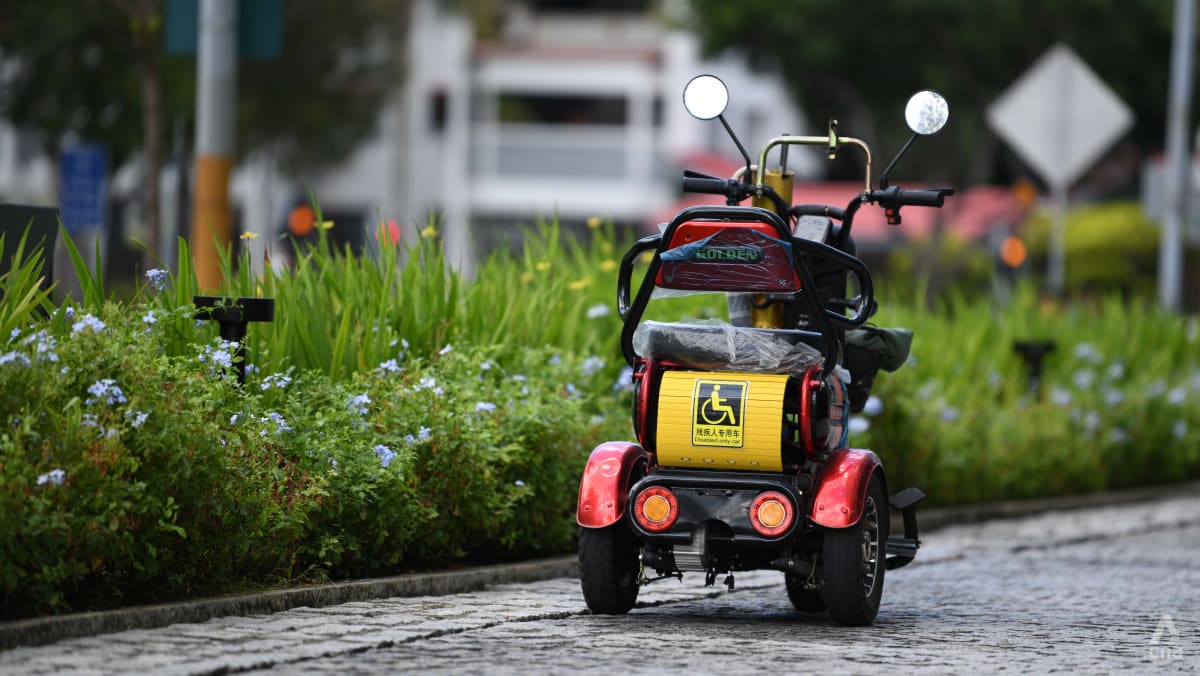PMA REGULATIONS
There are mainly three types of PMAs: Manual wheelchairs, motorised wheelchairs and mobility scooters. Out of these, mobility scooters are in the spotlight for growing concern over their increasing misuse by able-bodied persons, as observed by the Active Mobility Advisory Panel in 2023.
New Ministry of Transport rules, effective 2025, mandate that individuals seeking to use mobility scooters be certified by doctors to have health or physical conditions requiring their use.
Answering parliamentary questions on Sep 10, 2024, Minister for Transport Chee Hong Tat said the authorities have collaborated with healthcare providers, government agencies, and welfare groups to streamline the medical certification process for mobility scooter users. The focus is on making the system more user-friendly for those who truly need mobility aids while also preventing unnecessary strain on healthcare facilities.
Safety too is being stepped up, with the maximum allowed speed of PMAs being lowered from 10kmh currently to 6kmh. This figure takes reference from normal walking speeds and will still allow PMA users to cross roads safely, just as pedestrians do.
Size restrictions for PMAs used on public paths will also be aligned with existing dimensional limits for PMAs on public transport (70cm width, 120cm length, 150cm height, 300kg weight limit), with exceptions granted on a case-by-case basis for users with certified medical needs.
ARE WE DOING ENOUGH?
Aside from the new regulations, it’s worth considering if enforcement against those who use PMAs without legitimate need or reckless PMA users should also be stepped up in terms of frequency and visibility. More regular patrols and speed traps could be implemented, especially in areas with heavy PMA traffic such as neighbourhood centres, parks and shopping districts.
Closed-circuit cameras deployed in these hotspots can leverage video analytics to automatically detect and flag violations. Well-publicised enforcement blitzes would send an unequivocal deterrent message.
Rigorous upstream import controls and inspections of retailers (both physical and online) are also key to choking non-compliant supply, backed by stiffer penalties such as licence revocations for selling mobility scooters to those without disability. Tracking devices and systems enabling remote monitoring and mandatory speed limiters could greatly facilitate enforcement. Such trackers could be installed during the initial registration process of PMAs with the Land Transport Authority.
Public education is also paramount. Many users may be unaware their PMA usage is improper, or puts others at risk. Food delivery companies, for example, must proactively steer able-bodied delivery riders towards making food deliveries on bicycles instead.
